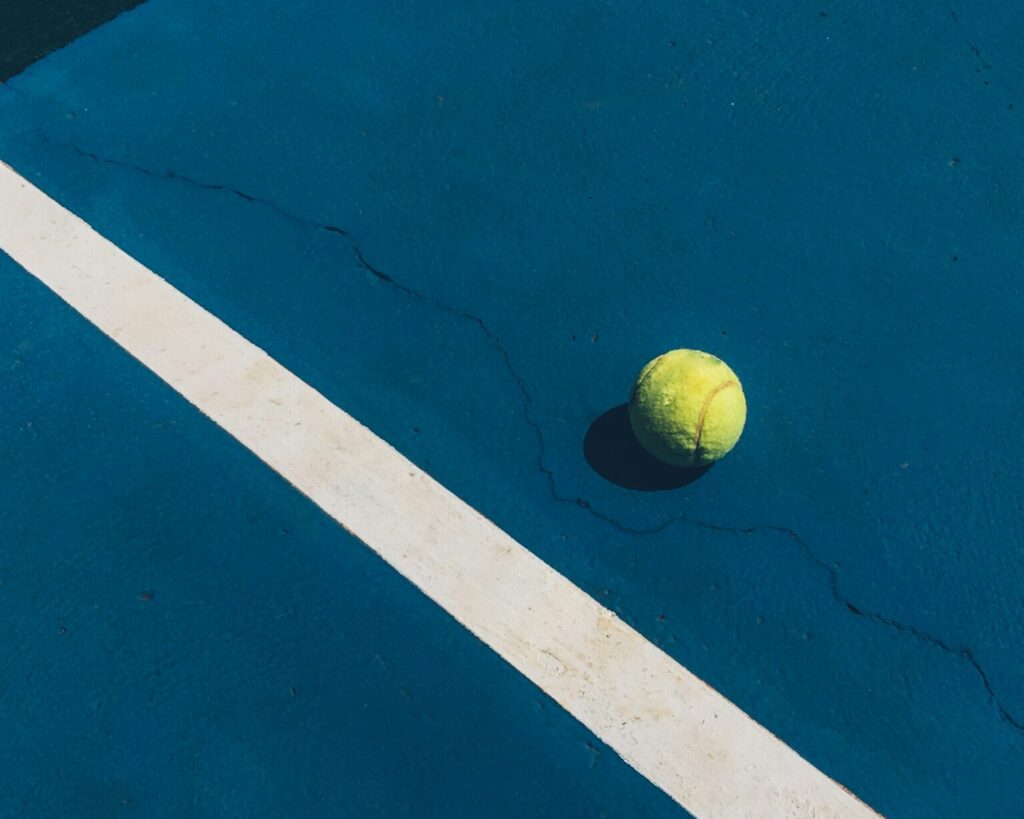American tennis player Casey Kania has been suspended for two years by the International Tennis Integrity Agency (ITIA) due to a positive cannabis test during an ATP Challenger Tour event. The suspension, which will lead to the forfeiture of all his results, ranking points, and prize money from the tournament, has reignited debates about cannabis use and anti-doping regulations in sports.
American Tennis Player Casey Kania Suspended for 2 Years After Positive Cannabis Test


The International Tennis Integrity Agency (ITIA) has recently announced that American tennis player Casey Kania has been suspended for violating the Tennis Anti-Doping Program (TADP). The two-year suspension follows a positive cannabis test during an ATP Challenger Tour tournament held in Cary, North Carolina.
This incident has sparked discussions on the use of recreational substances in professional sports, especially in states where cannabis is legal, and on the consequences for athletes who test positive.
For more news like this, along with all the latest in legalization, research, and lifestyle, download our free cannabis news app.
THC Banned by WADA
According to various sources, Kania’s in-competition urine test during the Cary tournament revealed the presence of THC, a substance banned by the World Anti-Doping Agency (WADA). The analysis confirming the presence of cannabis led to Kania being charged with violating anti-doping rules under the TADP.
The ITIA acknowledged that Kania had not intentionally violated the TADP’s provisions but noted his inability to demonstrate a lack of fault or negligence for the violation. As a result, Kania has been suspended for two years, from February 2 to February 1, 2026. This suspension carries severe repercussions, including the forfeiture of all his results, ranking points, and prize money earned at the Cary Challenger tournament.
Impact on Kania’s Career
Casey Kania thus sees his career interrupted by this suspension. Although he is a relatively low-ranked player, with his best doubles ranking at 1,317th, Kania’s aspirations to climb the ranks are compromised.
The former University of North Carolina player is now prohibited from participating in, coaching, or attending any tennis event associated with the ITIA, including the ATP, ITF, WTA, Tennis Australia, the French Tennis Federation, Wimbledon, and the USTA, which includes the four Grand Slam tournaments, including Roland-Garros.
Kania Case Reignites Debates
Kania’s case reignites the debate on cannabis use in professional sports. While some advocate for its decriminalization and removal from the list of performance-enhancing substances, as in UFC, for example, others stress the importance of adhering to anti-doping rules to ensure fair competition. The inclusion of THC in WADA’s list of banned substances raises questions about its classification and impact on athletes, particularly in jurisdictions where its recreational use is legalized.
Beyond Kania’s individual circumstances, his suspension serves as a reminder of the strict consequences athletes face for violating anti-doping regulations. Recently, Sha’Carri Richardson, a 100 and 200 meters sprinter, tested positive for cannabis and missed the last Summer Olympics. She later won the women’s 100 meters world title in Budapest in 2023, in 10.65 seconds. American long jumper Tara Davis-Woodhall was also stripped of her title after testing positive for cannabis.
—
(Featured image by Mario Gogh via Unsplash)
DISCLAIMER: This article was written by a third-party contributor and does not reflect the opinion of Hemp.im, its management, staff, or its associates. Please review our disclaimer for more information.
This article may include forward-looking statements. These forward-looking statements generally are identified by the words “believe,” “project,” “estimate,” “become,” “plan,” “will,” and similar expressions. These forward-looking statements involve known and unknown risks as well as uncertainties, including those discussed in the following cautionary statements and elsewhere in this article and on this site. Although the company may believe that its expectations are based on reasonable assumptions, the actual results that the company may achieve may differ materially from any forward-looking statements, which reflect the opinions of the management of the company only as of the date hereof. Additionally, please make sure to read these important disclosures.
First published in Newsweed, a third-party contributor translated and adapted the article from the original. In case of discrepancy, the original will prevail.
Although we made reasonable efforts to provide accurate translations, some parts may be incorrect. Hemp.im assumes no responsibility for errors, omissions or ambiguities in the translations provided on this website. Any person or entity relying on translated content does so at their own risk. Hemp.im is not responsible for losses caused by such reliance on the accuracy or reliability of translated information. If you wish to report an error or inaccuracy in the translation, we encourage you to contact us.



Comments are closed for this post.